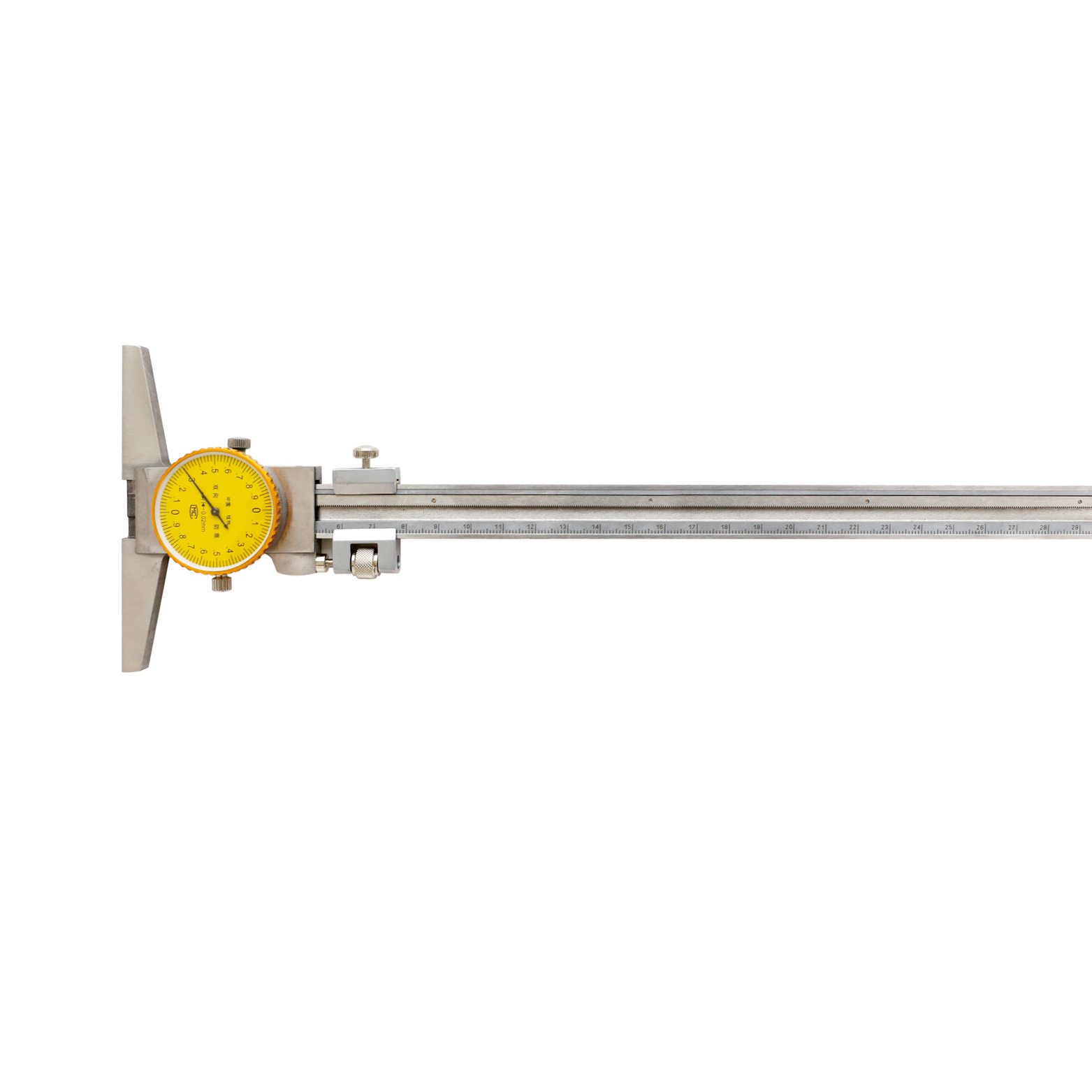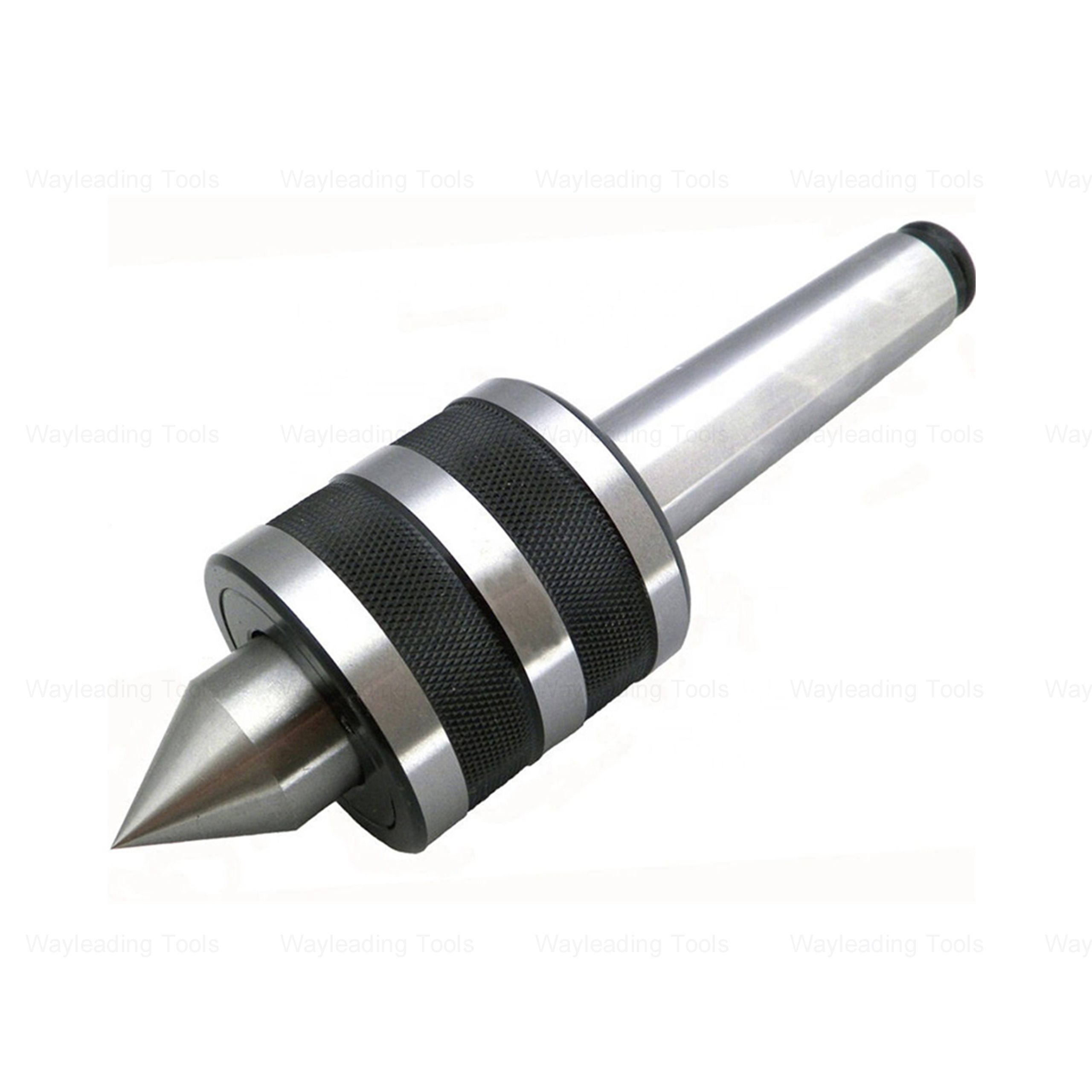Wholesale morse taper adapter
A wholesale morse taper adapter is a crucial tool for connecting cutting tools or drill chucks with different Morse taper sizes. It allows machinists to utilize a wider range of tooling options with existing machine spindles, enhancing versatility and reducing the need for numerous machines. This guide explores the benefits, types, selection criteria, and maintenance of wholesale morse taper adapters, providing you with the knowledge to make informed purchasing decisions.
Understanding Morse Taper Adapters
What is a Morse Taper?
The Morse taper, developed by Stephen Morse in the 1860s, is a standardized system for fitting tool holders into machine spindles. It is a self-holding taper, meaning that the tool holder is held in place by friction alone, without the need for external locking mechanisms. Morse tapers are designated by a number, ranging from MT0 to MT7, with larger numbers indicating larger taper sizes. These tapers are commonly found in drill presses, lathes, and milling machines.
Why Use a Morse Taper Adapter?
A wholesale morse taper adapter bridges the gap between different Morse taper sizes. If a drill press has an MT2 spindle and a drill chuck with an MT3 shank is required, a Morse taper adapter MT2 to MT3 will allow the chuck to be used. This is far more cost-effective than purchasing new equipment. Wholesale morse taper adapters are especially beneficial for large workshops or businesses that need to supply adapters in bulk.
Types of Morse Taper Adapters
Morse taper adapters come in various configurations to accommodate different needs. Here's an overview of common types:
- Reducing Adapters: These adapters allow you to use tools with a smaller Morse taper shank in a larger Morse taper spindle. For example, an MT3 to MT2 adapter allows you to use an MT2 shank tool in an MT3 spindle.
- Expanding Adapters: These adapters allow you to use tools with a larger Morse taper shank in a smaller Morse taper spindle. For example, an MT2 to MT3 adapter allows you to use an MT3 shank tool in an MT2 spindle. Note: While these exist, they are less common and can compromise rigidity. Consider if an expanding adapter truly provides the best solution for your use case.
- Sockets: Sockets are a type of adapter that usually adapt a smaller MT size to a larger one.
Key Considerations When Buying Wholesale Morse Taper Adapters
Material and Construction
The material of the adapter significantly impacts its durability and performance. High-quality wholesale morse taper adapters are typically made from hardened and ground alloy steel, ensuring precision and longevity. Chrome vanadium steel is also a good option. Ensure the adapter is hardened to prevent deformation under pressure. Wayleading Tools offers a selection of high-quality adapters manufactured to strict specifications.
Precision and Accuracy
Accuracy is paramount. An inaccurate adapter can lead to runout, vibration, and poor machining results. Look for adapters with a Total Indicator Runout (TIR) of 0.0002' or better. Reputable manufacturers, like Wayleading Tools, provide specifications and quality control data for their products.
Size and Compatibility
Ensure the adapter's dimensions match the spindle and tool shank sizes. Refer to Morse taper charts to verify compatibility. Incorrect sizing can lead to improper fitment, damage, or unsafe operation.
Quantity and Pricing
When buying wholesale morse taper adapters, consider the quantity needed and the unit price. Compare prices from different suppliers, taking into account the material, quality, and shipping costs. Bulk discounts are typically available for larger orders.
Maintaining Your Morse Taper Adapters
Proper maintenance extends the life of your wholesale morse taper adapters and ensures optimal performance:
- Cleaning: Regularly clean the adapter and spindle with a clean, dry cloth to remove debris and contaminants.
- Lubrication: Apply a thin coat of light oil to the taper surfaces to prevent rust and facilitate smooth insertion and removal.
- Storage: Store adapters in a dry, clean environment to prevent corrosion.
- Inspection: Periodically inspect the adapter for signs of wear, damage, or deformation. Replace damaged adapters immediately.
Troubleshooting Common Issues
Adapter Sticking in Spindle
If the adapter is stuck, use a drift and hammer to gently tap it out from the back of the spindle. Avoid excessive force, which can damage the adapter or spindle. Ensure the spindle and adapter are clean and lubricated before reinserting.
Runout and Vibration
Runout and vibration can be caused by a damaged adapter, a dirty spindle, or an improperly seated adapter. Clean the spindle and adapter, inspect for damage, and ensure the adapter is fully seated in the spindle. If the problem persists, the adapter may need to be replaced.
Applications of Morse Taper Adapters
Wholesale morse taper adapters are used in a wide range of applications, including:
- Drilling: Adapting drill chucks and drill bits to various drill press spindles.
- Turning: Adapting centers and other tooling to lathe spindles.
- Milling: Adapting end mill holders and other tooling to milling machine spindles.
- Tapping: Adapting tapping attachments to machine spindles.
Example Use Case: Adapting a Drill Chuck
Imagine a machine shop wants to equip its drill presses with a specific type of drill chuck. The drill presses have MT2 spindles, but the desired chucks have MT3 shanks. By purchasing wholesale morse taper adapters MT2 to MT3, the shop can adapt the chucks to the existing spindles without investing in new drill presses or chucks with the correct taper. This saves significant cost and increases tooling flexibility.
Summary
Wholesale morse taper adapters are invaluable tools for machinists and workshops, providing a cost-effective and versatile solution for adapting tooling to different machine spindles. By understanding the types, selection criteria, maintenance practices, and applications of Morse taper adapters, you can make informed decisions and ensure optimal performance in your machining operations. Remember to prioritize quality, accuracy, and compatibility when purchasing adapters.
Related products
Related products
Best selling products
Best selling products-
 F1 Precision Boring Head With Metric & Inch
F1 Precision Boring Head With Metric & Inch -
 Partial profile 55° Threading Insert With ER & IR Type
Partial profile 55° Threading Insert With ER & IR Type -
 Type B Cylinder Tungsten Carbide Rotary Burr
Type B Cylinder Tungsten Carbide Rotary Burr -
 DIN4971-ISO1 Carbide Tipped Tool Bit With Right And Left Hand
DIN4971-ISO1 Carbide Tipped Tool Bit With Right And Left Hand -
 Indexable Spade Drill Holder With Helical Flute Holder And Taper Shank
Indexable Spade Drill Holder With Helical Flute Holder And Taper Shank -
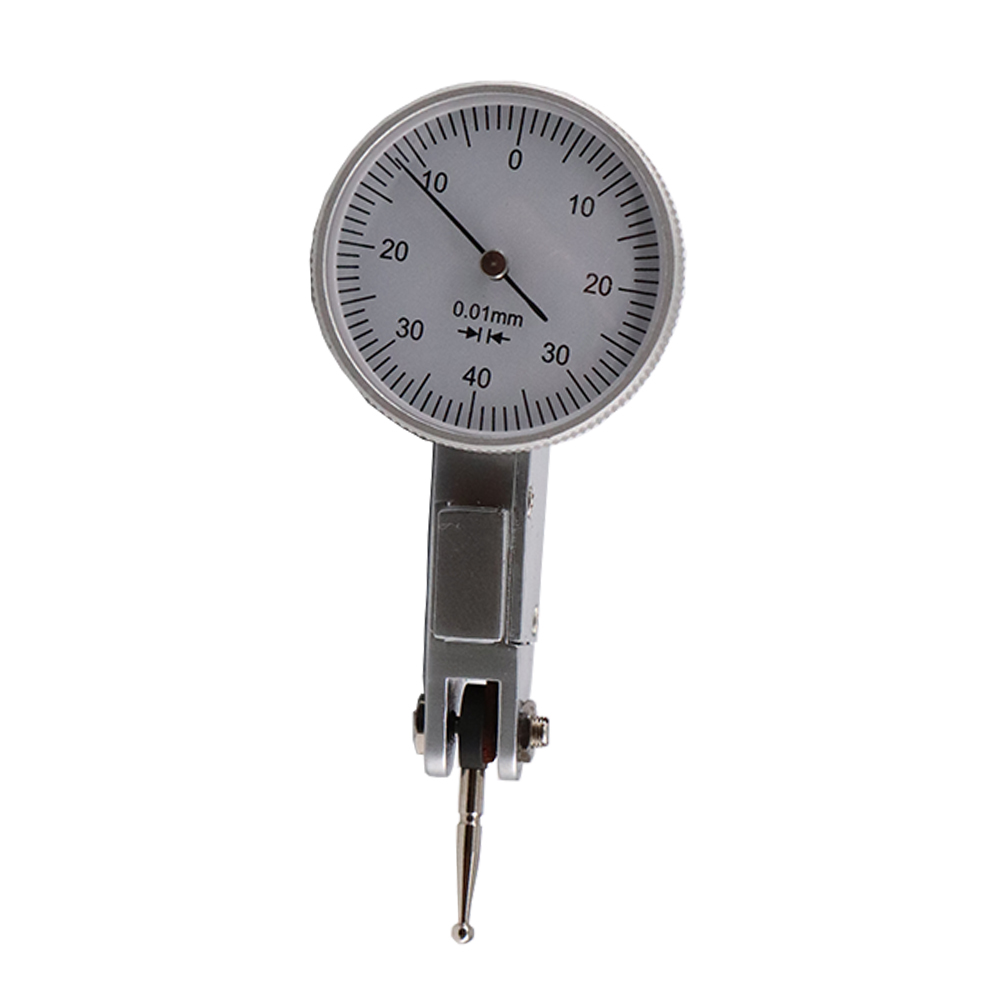 Precision Dial Test Indicator Gage For Industrial
Precision Dial Test Indicator Gage For Industrial -
 Precision Digital Bore Guage From 6-450mm Range
Precision Digital Bore Guage From 6-450mm Range -
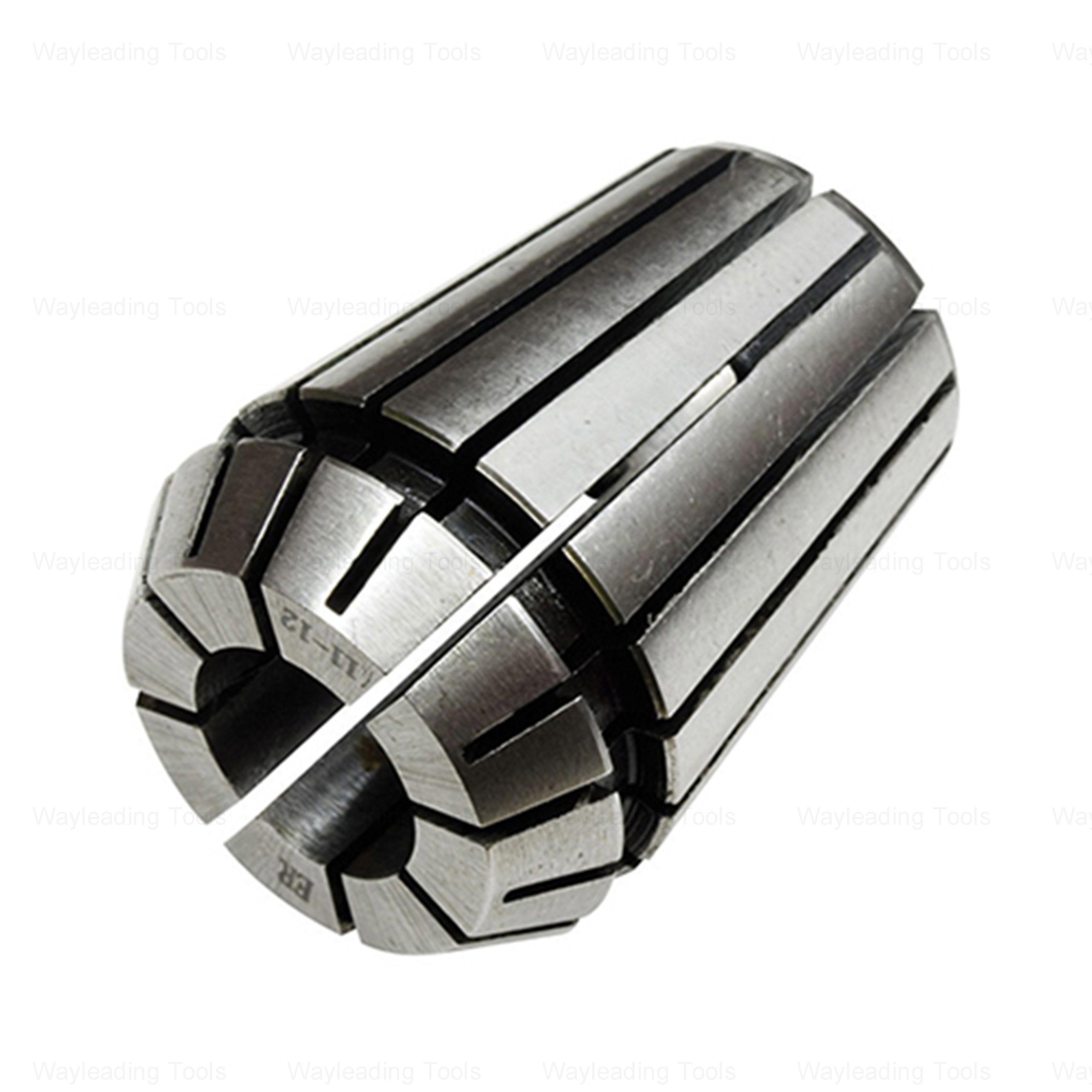 Metric ER Collets – High Precision, for Milling Applications
Metric ER Collets – High Precision, for Milling Applications -
 Straight Shank ER Collet Chuck Holders With Extending Rod
Straight Shank ER Collet Chuck Holders With Extending Rod -
 Precision V Block Set With High Quality Type
Precision V Block Set With High Quality Type -
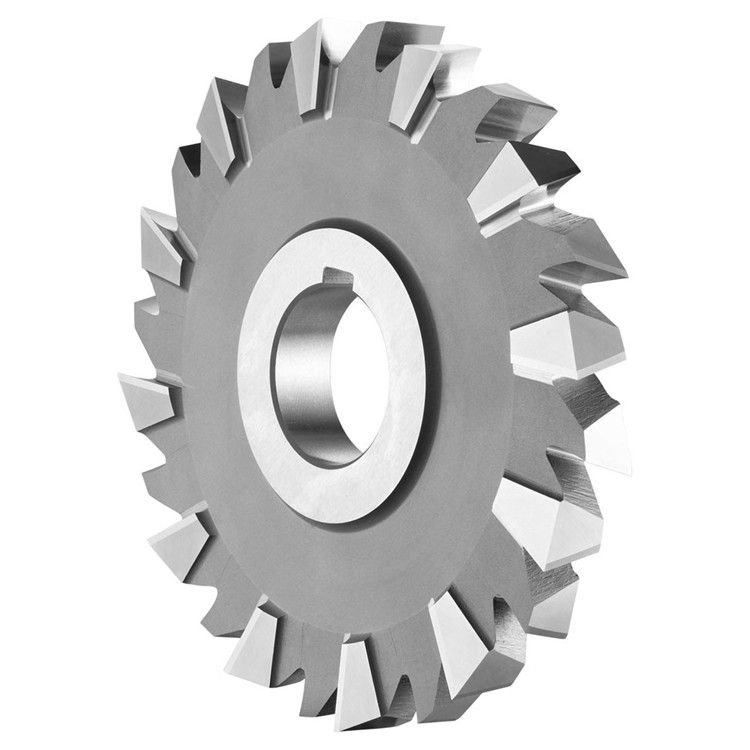 HSS Metric Side Milling Cutter With Bright Or TiN And TiAlN Coated
HSS Metric Side Milling Cutter With Bright Or TiN And TiAlN Coated -
 Carbide Tipped Hole Cutter For Cutting Stainless Steel And Iron Or Steel Plate
Carbide Tipped Hole Cutter For Cutting Stainless Steel And Iron Or Steel Plate
Related search
Related search- metric size trapeze TR threading insert Factories
- Wholesale milling chuck
- horizontal spirit level Manufacturer
- Wholesale expanding arbors
- Wholesale MVVNN turning tool holder
- indexable threading chaser Suppliers
- feeler gauge Factory
- partial profile 55 degree threading insert Suppliers
- morse taper holder
- 3c collet Manufacturers

